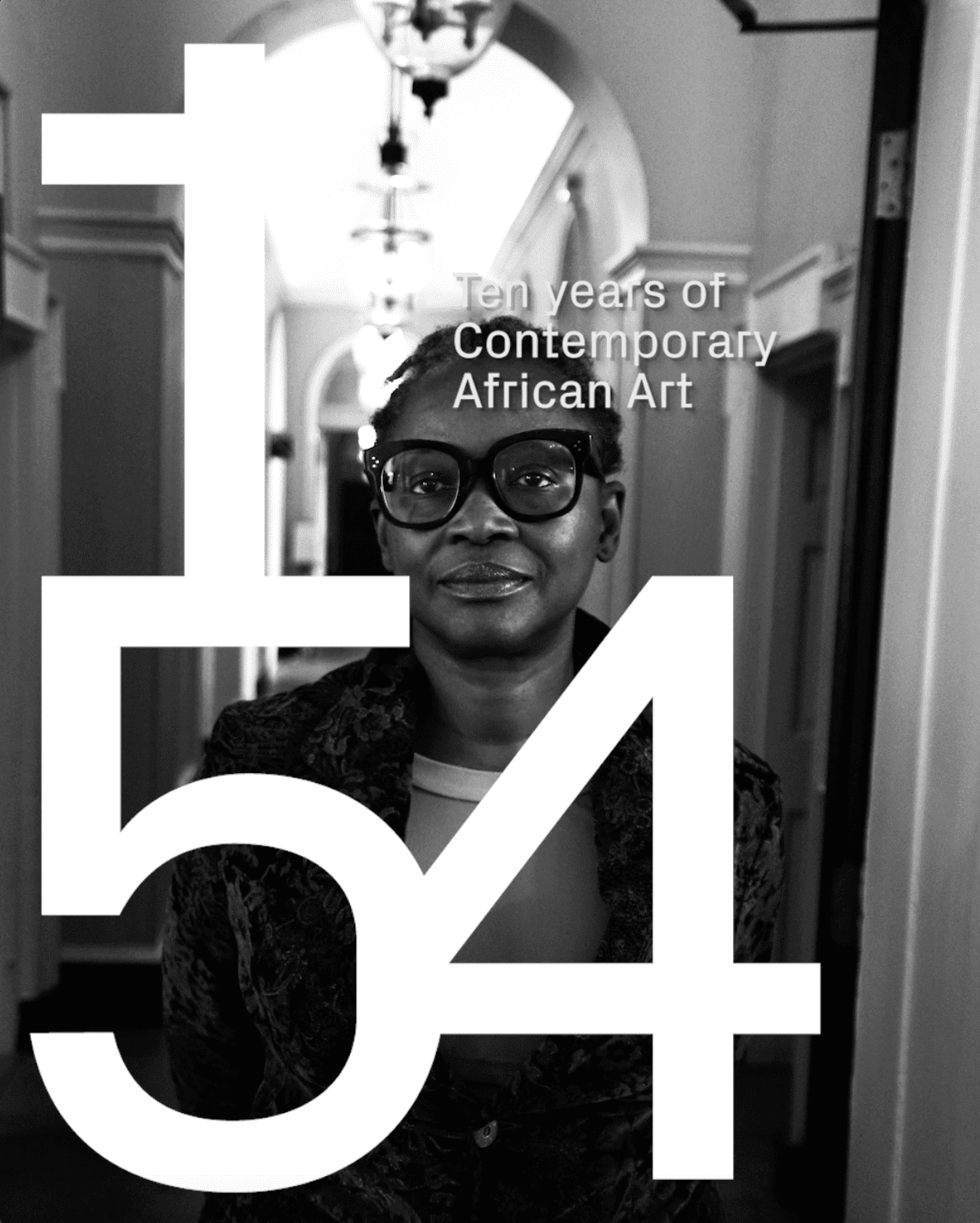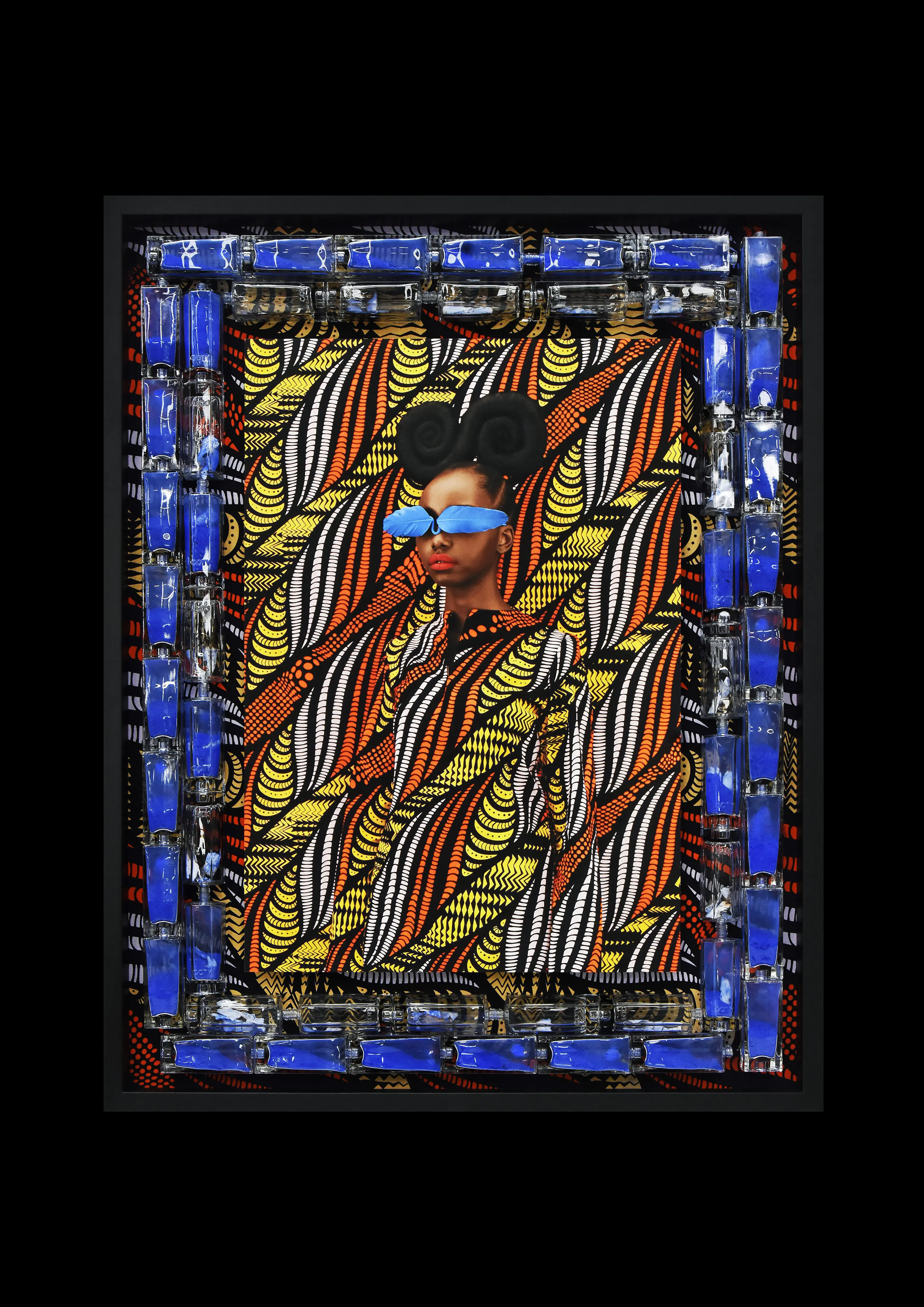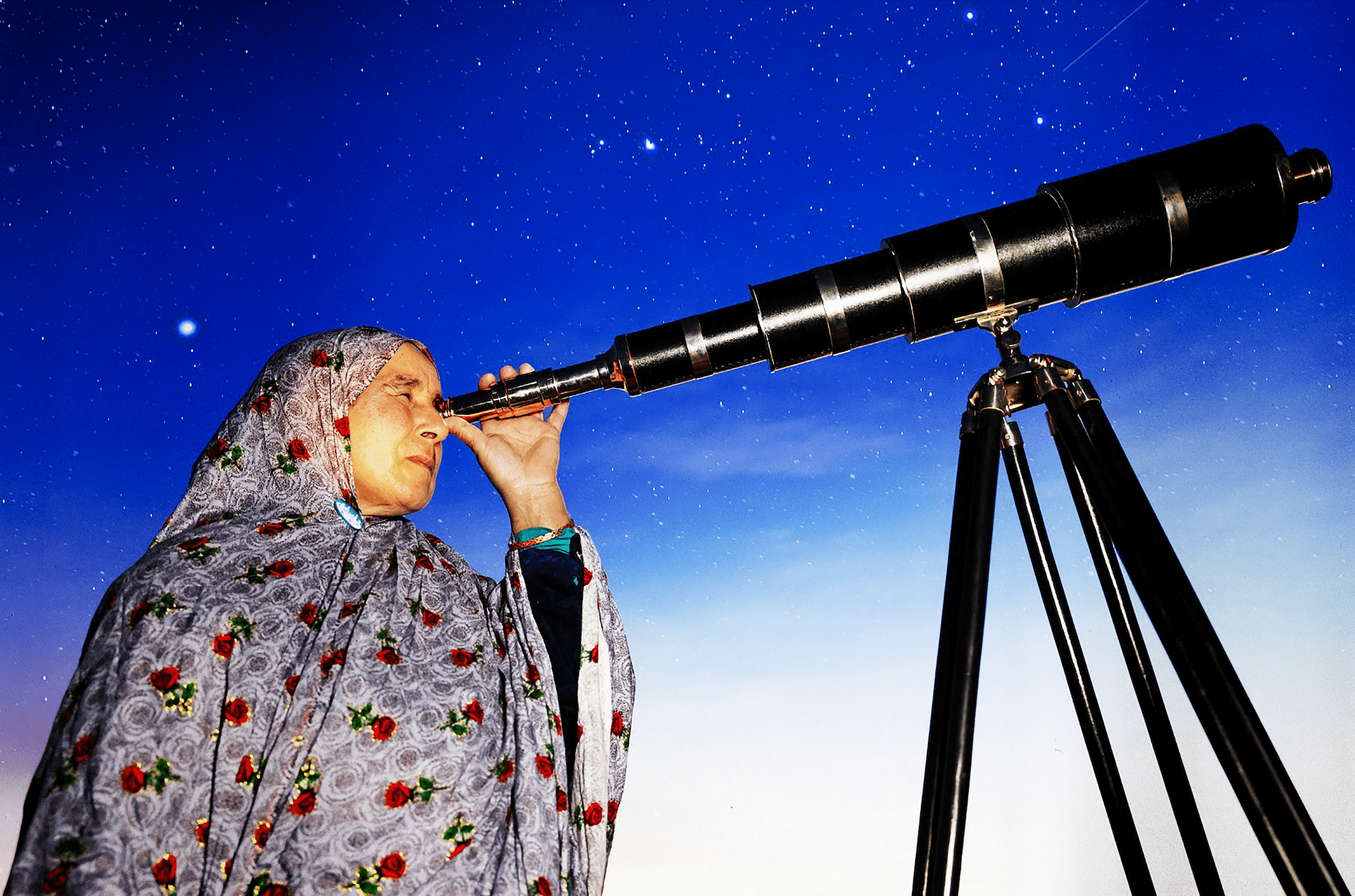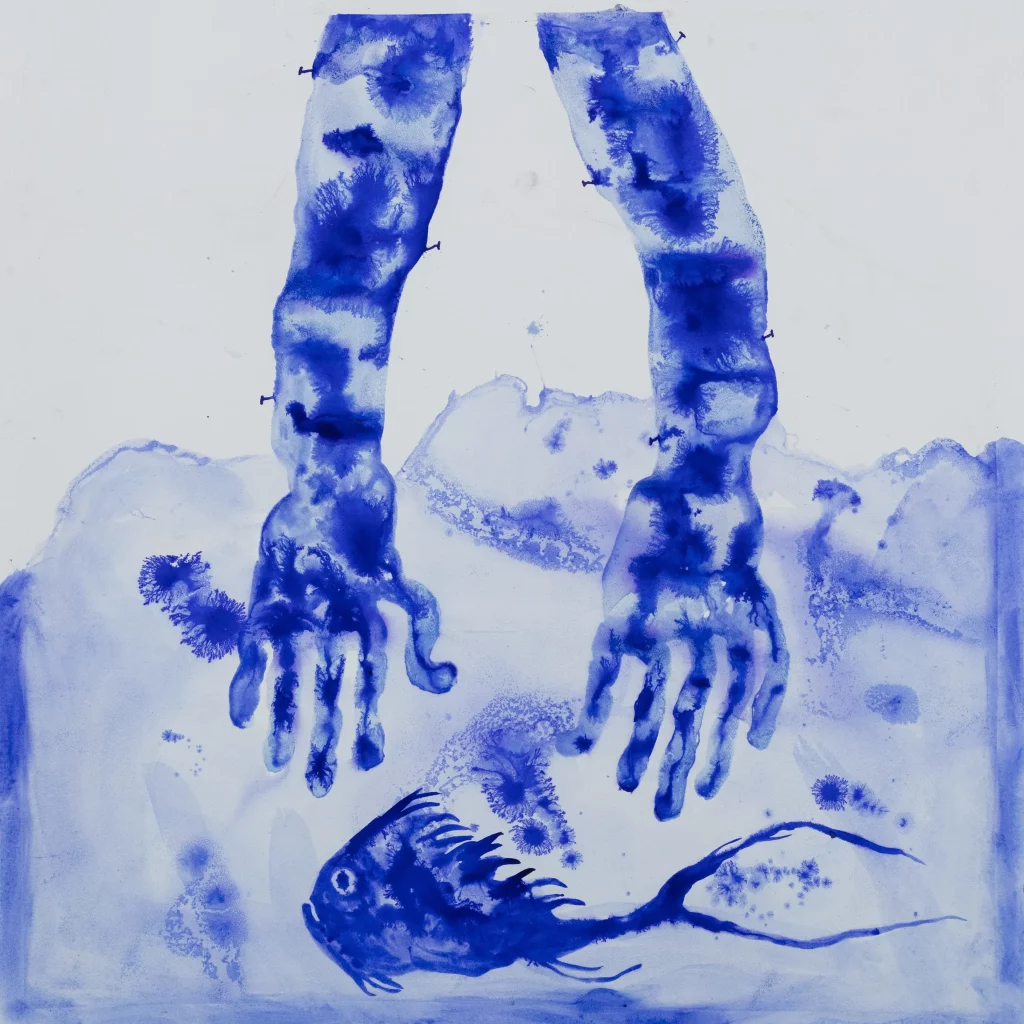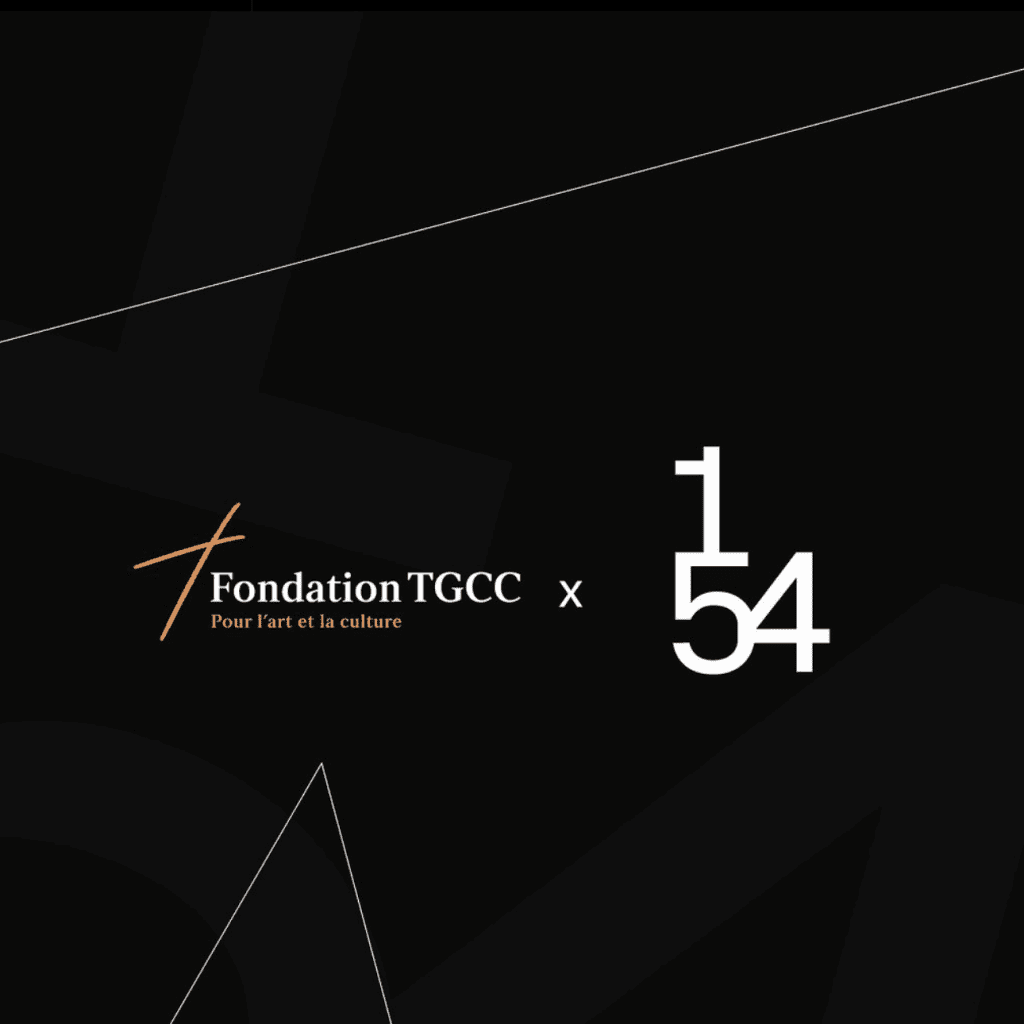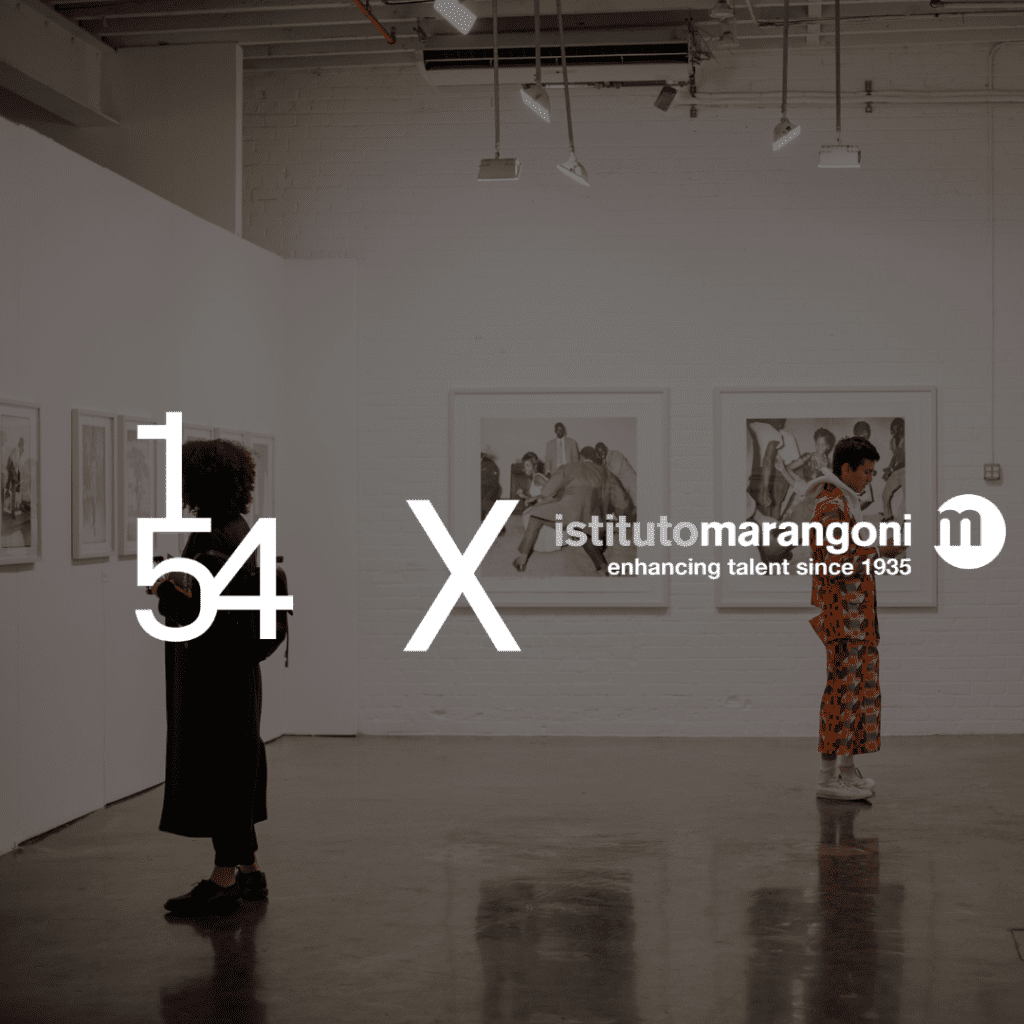You studied business administration; what got you into the arts and made you stay?
The search of the spirit; I believe that the artistic and creative space is the space of the imaginary and provides a much more expanded understanding of who we are and what our role is in this world and this is exactly what I always wanted to invest in. I also think that looking at it from an African perspective, this is the space that we have excelled in through millennia so it became almost natural for me to stay in that space — basically to be drawn to that space. I think that the imaginary is kind of our most powerful engine.
“The search of the spirit; I believe that the artistic and creative space is the space of the imaginary and provides a much more expanded understanding of who we are and what our role is in this world.”
Koyo Kouoh
You are the founding director of RAW MATERIAL COMPANY, which started as a mobile site for art practice and critical exchange in 2008 before establishing a permanent space in April 2011 in midtown Dakar. Can you talk about this project?
RAW MATERIAL COMPANY is obviously my brainchild. It is a reaction; a project that was conceived in reaction to the environment that I found myself back then in Senegal. It is also a project that was motivated and animated by the desire to provide more access to theory and practicality and also to add to the already existing engagement with art that Dakar was offering. RAW was an alternative to everything else that was there, and it was also the place to look at art not in a contemplative way but rather in an engaged, integral way as an agent that shapes society.
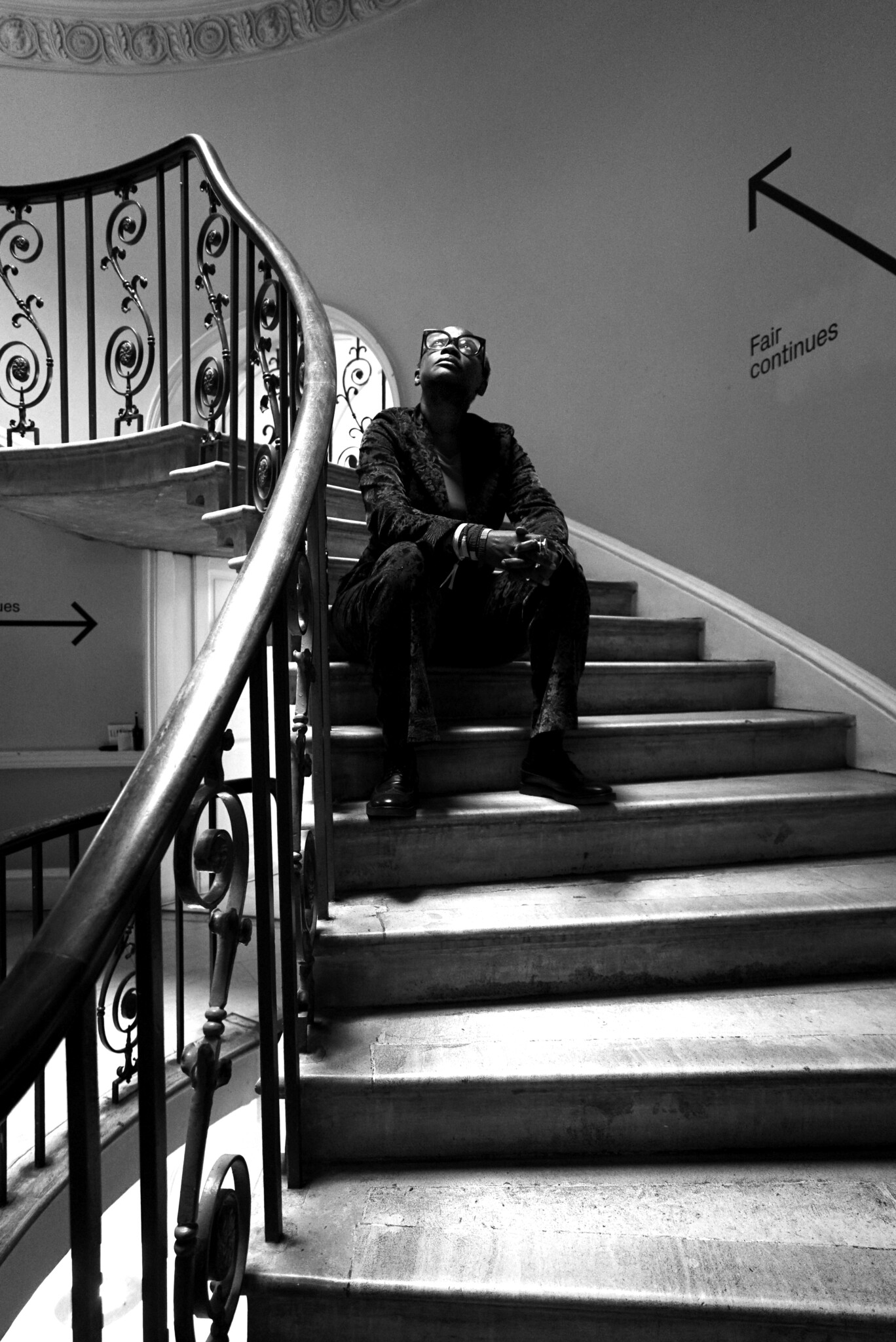
“My motto has always been, ‘You have to set up your own house and build your own home as opposed to trying to get into someone else’s castle.'”
Koyo Kouoh
You have been a significant figure in the development of 1-54 and in 2013 when the fair started, you developed its Forum programme; what did you hope to convey back then?
I think the first word that comes to mind is quality and I honestly say, and always said, I am not a fair person. I actually don’t like art fairs because I don’t think they are the ideal place for me as a professional to look at art. However, I totally understand the importance of art fairs as platforms for access for non-professionals. The threshold is a little bit more accessible than big institutions. When Touria approached me to collaborate with her to launch this fair, it was very clear from the beginning that I would come to collaborate with her, and I’ll accept, but my contribution was really motivated from a very political and historical perspective, as opposed to the commercial market perspective that an art fair is. I also think that 1-54 is a very particular art fair — it is not just another art fair. In 2012/2013, our aim was simply just to provide a place for all these amazing galleries that are representing incredible artists but who are snubbed in the other spheres. My motto has always been, “You have to set up your own house and build your own home as opposed to trying to get into someone else’s castle”.
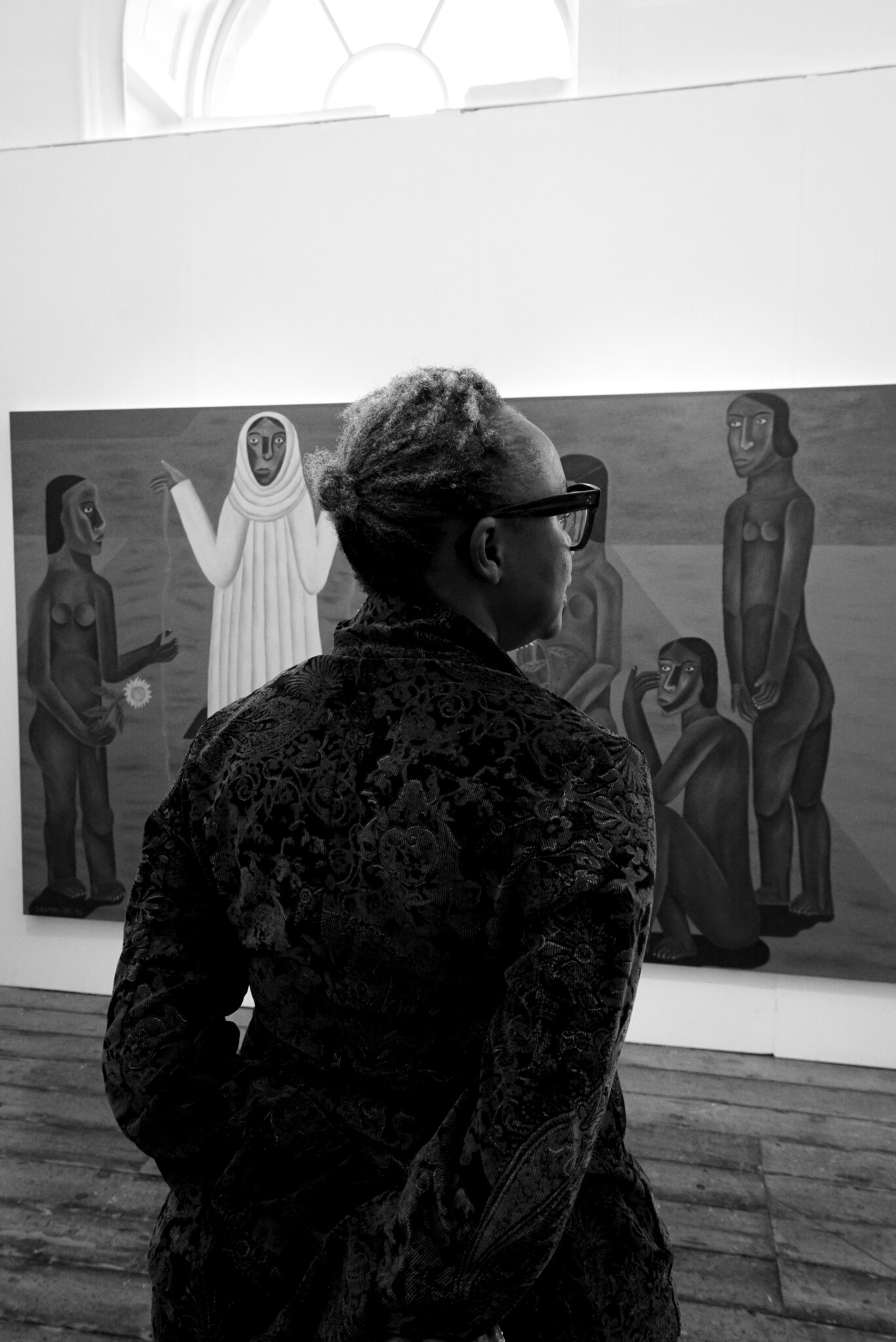
“I am very interested in the process as most people know, so I am actually more interested in the artist’s head or the curator’s head or even collectors’ heads, than the art itself. This is really where it becomes interesting; where you really have the flesh, the meat, the spirit, and the details of what motivates and animates someone to make art, to curate art, to collect art.”
Koyo Kouoh
How did you imagine the development of 1-54’s Forum Programme, being there from the beginning and now joining as a speaker in 2022?
I developed and conceptualised Forum from the beginning as a durational, consistent critical seminar during the time of the fair. During my time, Forum was running for three days at least and I think my position and engagement with reflection, analysis, and conversation is known, so that in this sense there is one side of enjoying the art but there is another side about understanding the art and where it is coming from. I am very interested in the process as most people know, so I am actually more interested in the artist’s head or the curator’s head or even collectors’ heads, than the art itself. This is really where it becomes interesting; where you really have the flesh, the meat, the spirit, and the details of what motivates and animates someone to make art, to curate art, to collect art. Hence the conversations are absolutely important and absolutely integral. On the other hand, for non-professional audiences, a conversation is also a stepping entrance or an entry to understand what all this is about actually. I think that the conversational and critical space is key and this is one of the conditions I made when Touria approached me— that I can have that space. I did eight editions of Forum (five in London and three in New York) and I think 1-54 Forum’s gravitas and its weight has attracted a lot of people — people who even come to the fair and don’t necessarily go to see the galleries but come to listen to the conversations. It speaks from its own success. When I left in 2017, it was time for me to leave because my practice is one that I like to participate in launching and pulling an idea and a project, putting it in orbit, and leaving because I think it is absolutely necessary to provide a space for other minds to come into the conversation. When I left, we had a strategy of course on how Forum should continue. I am absolutely happy to come back for the 10th anniversary, and I hope I would not cry on stage particularly with Dr Omar Kholeif. Omar is a very long collaborator, dear friend, and colleague for a very long time, so it is very emotional and moving.
